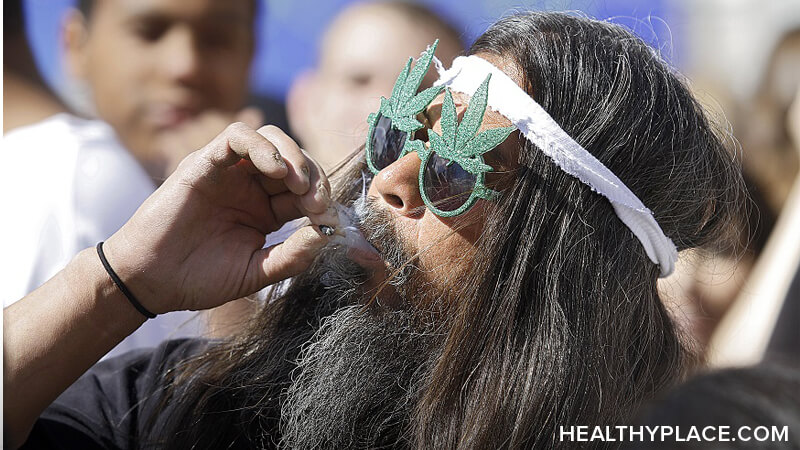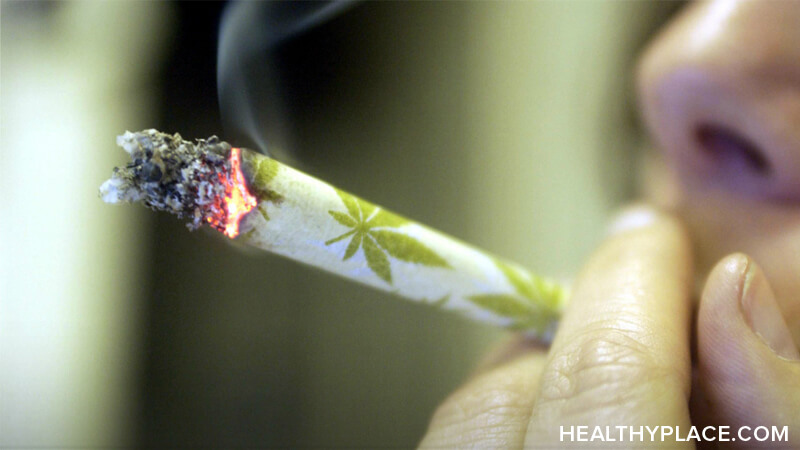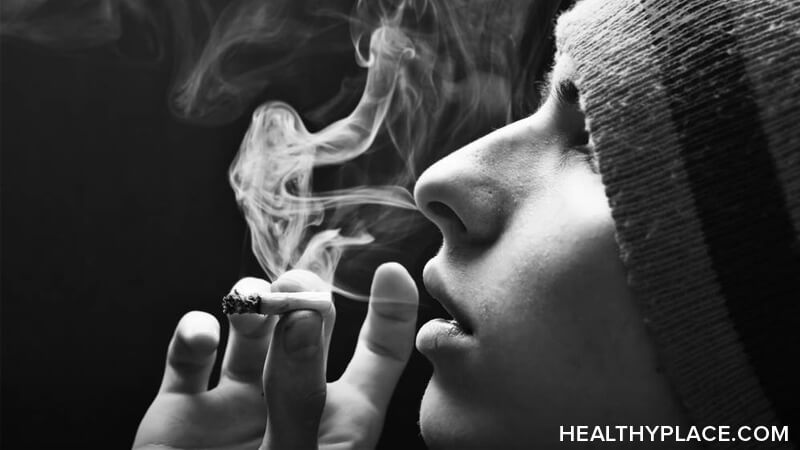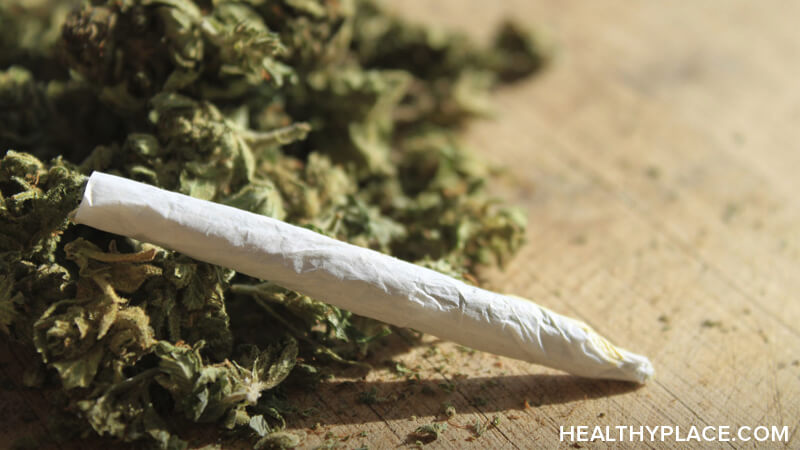Celebrity Drug Addicts

Drug addiction is a serious problem with 1.7 million people ending up in emergency rooms in 2006 due to drug and alcohol abuse,1and some people feel drugs are glamorized because of the media coverage of celebrity drug addicts. Putting celebrities and drugs on the cover of a magazine may increase sales but it may also increase a young person's desire to experiment with the same drug as celebrity drug addicts.
Celebrities and Drugs - Famous Celebrity Drug Addicts
Many celebrities are known to use and abuse drugs. In fact, celebrities and drugs are commonly thought of together. Celebrity drug addicts give the impression drugs are part of their fun, hard-partying lifestyles. And while celebrity drug addicts often say there is nothing wrong with their drug use, the mix of celebrities and drugs can result in overdose, arrest and even death. Famous celebrity drug addicts include:2
- John Belushi
- Robert Downey, Jr.
- MacKenzie Phillips
- Tom Sizemore
- Miles Davis
- Keith Richards
Celebrities and Drugs - Celebrities Killed by Drugs
Part of the celebrities and drugs equation that isn't glamorous is the number of dead celebrity drug addicts. Many celebrity drug addicts do not manage to quit drugs before overdosing with one or more drugs in their system. Celebrity drug addicts killed by drugs or related complications include:
- Jarad Higgins, aka Juice WRLD, a rapper, died of prescription painkiller overdose
- Verne Troyer, aka "Mini-Me" from Austin Powers Films, died of suicide by alcohol poisoning
- Tom Petty, an American singer, died from prescription drug overdose
- Prince died from an accidental fentanyl overdose
- Cory Monteith from the series "Glee" died from a toxic mix of alcohol and heroin
- Michael Jackson died from a prescription pill overdose
- Whitney Houston, singer and actress, died from drowning with complications of cocaine and heart disease
- John Belushi, actor, died of heroin and cocaine overdose
- River Phoenix, actor, died of heroin and cocaine overdose
- Jim Morrison, musician, died of a heroin overdose
- Kurt Cobain, musician, died of suicide with a high concentration of heroin in bloodstream
- Jerry Garcia, musician, died during heroin rehab
- Janis Joplin, musician, died of a heroin overdose
- Sid Vicious, musician, died of an opiate overdose and may have killed his girlfriend during opiate use
Read about Drug Addicts: Drug Addict Symptoms and Life of Drug Addict
APA Reference
Tracy, N.
(2021, December 15). Celebrity Drug Addicts, HealthyPlace. Retrieved
on 2025, May 23 from https://www.healthyplace.com/addictions/drug-addiction/celebrity-drug-addicts








